The solemnity of the affirmation of the right to health is an undeniable attainment of recent decades and may be clearly observed at all levels of legal order- International, Constitutional and National. On the other hand despite the apparent magnanimity of declarations, it is to be noted that the challenges imposed by the application of right to health are considerable.
This precisely forms the subject matter of this thesis. It is concerned with the appropriateness of providing a right-based framework to health and challenges the State faces in the realization of this right.
An evaluation of the role of State in the realization of health in its widest sense comprising all the determinants of health is an improbable task which is not within the scope of this thesis. Therefore it focuses on the minimum requirements the State should provide so as to ensure access to appropriate and good quality health care.
For this the work establishes a fourfold obligation claims on the part of the State. Firstly State should ensure availability of public health facilities like hospitals, trained medical personnel and essential drugs. Secondly State should ensure accessibility to health which must be physically and economically affordable. Thirdly health facilities services and drugs must be scientifically and medically appropriate and of good quality. Lastly all health facilities must be acceptable i.e., the State should ensure that the medical personnel respects medical ethics and pay due respect to intrinsic patients rights in all wakes of treatment.
The major inference to analyze the extent to which state assures acceptability, availability and respectability of right to health is taken from the allopathic sector. The main reason for this is the inherent bias shown towards the allopathic system by the society and dependence on the sector by the people in case of emergency.
The attempt of reviewing the role played by the state in the realization of right to health was a process with various phases. The work contains Seven Parts, divided in to Sixteen Chapters. Part A gives a general introduction. In Part B, an attempt is made to examine the core content of right to health, and the limitations faced by it. Part C deals with the role of State in ensuring access to health care services, while Part D examines the role of State in ensuring access to essential drugs. Part E deals with reviewing the extent to which State succeeds in confining and structuring the discretion exercised by the Doctor on behalf of the patients. Part F deals with the analysis of the role played by State of Kerala in ensuring access to and availability of health care services. Last Part G of the thesis contains Conclusions and Suggestions.
The main thrust of the study is that State need to give due share to health, upgrade the existing health infrastructure, regulate the private health sector, regulate the price and quality of essential drugs especially in the wake of TRIPS and ensure adequate protection of patient’s confidentiality of health information and provide access to health records.
In this book the focus is on the process of establishing right to health as an imminent task. The basic justification for establishing the right can be viewed at the constitutional, legal social economic and as a human issue. The book adopts analytical, descriptive and empirical methods.

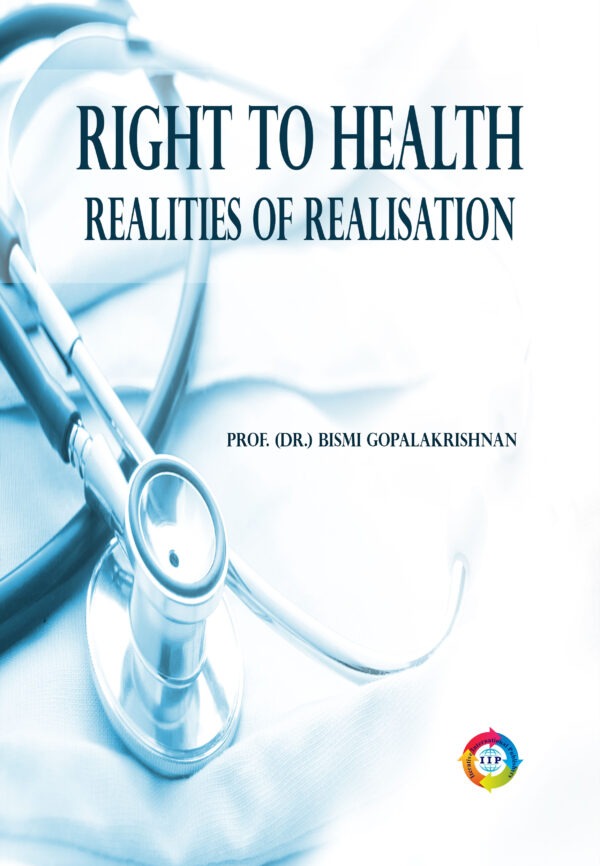
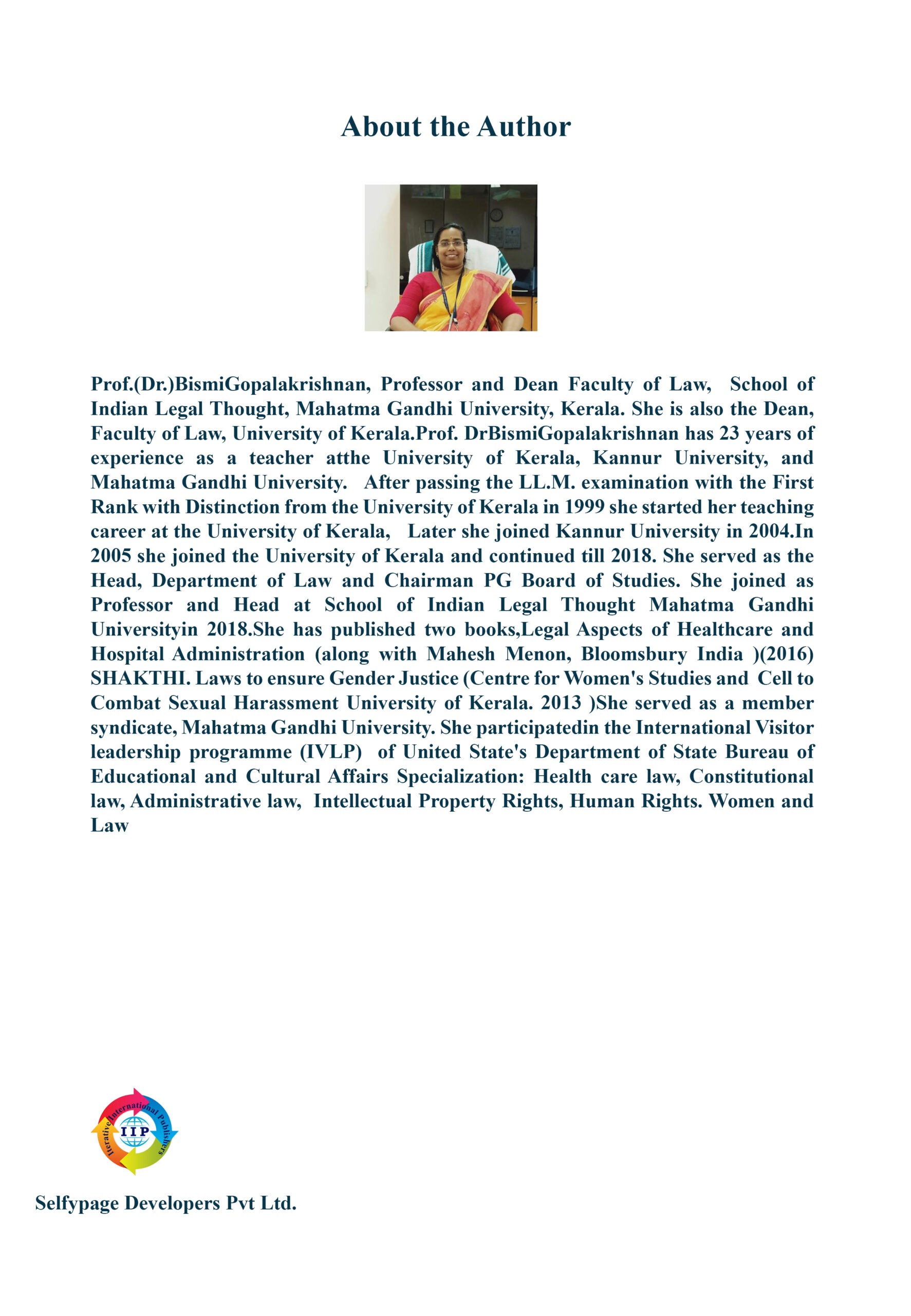
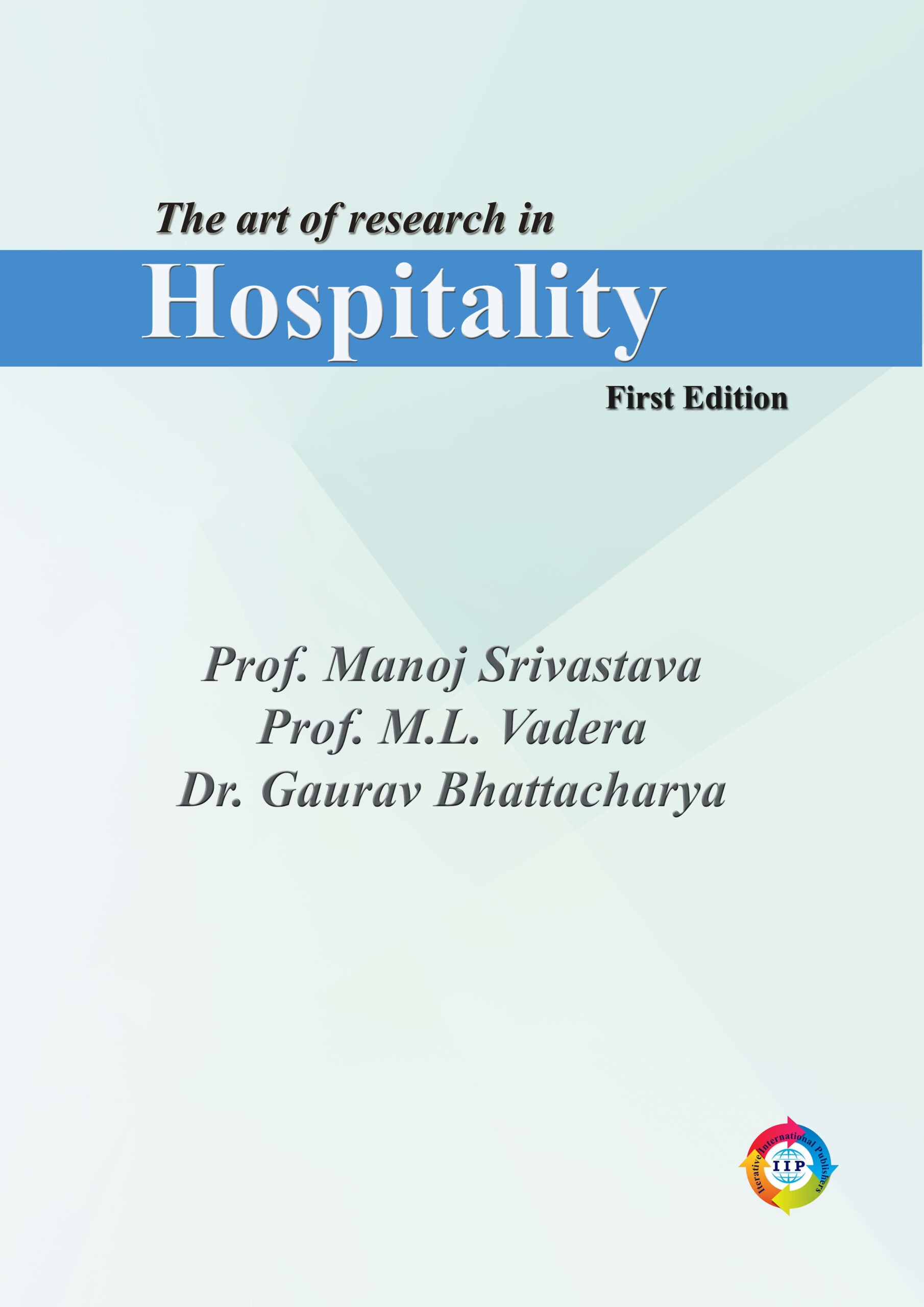

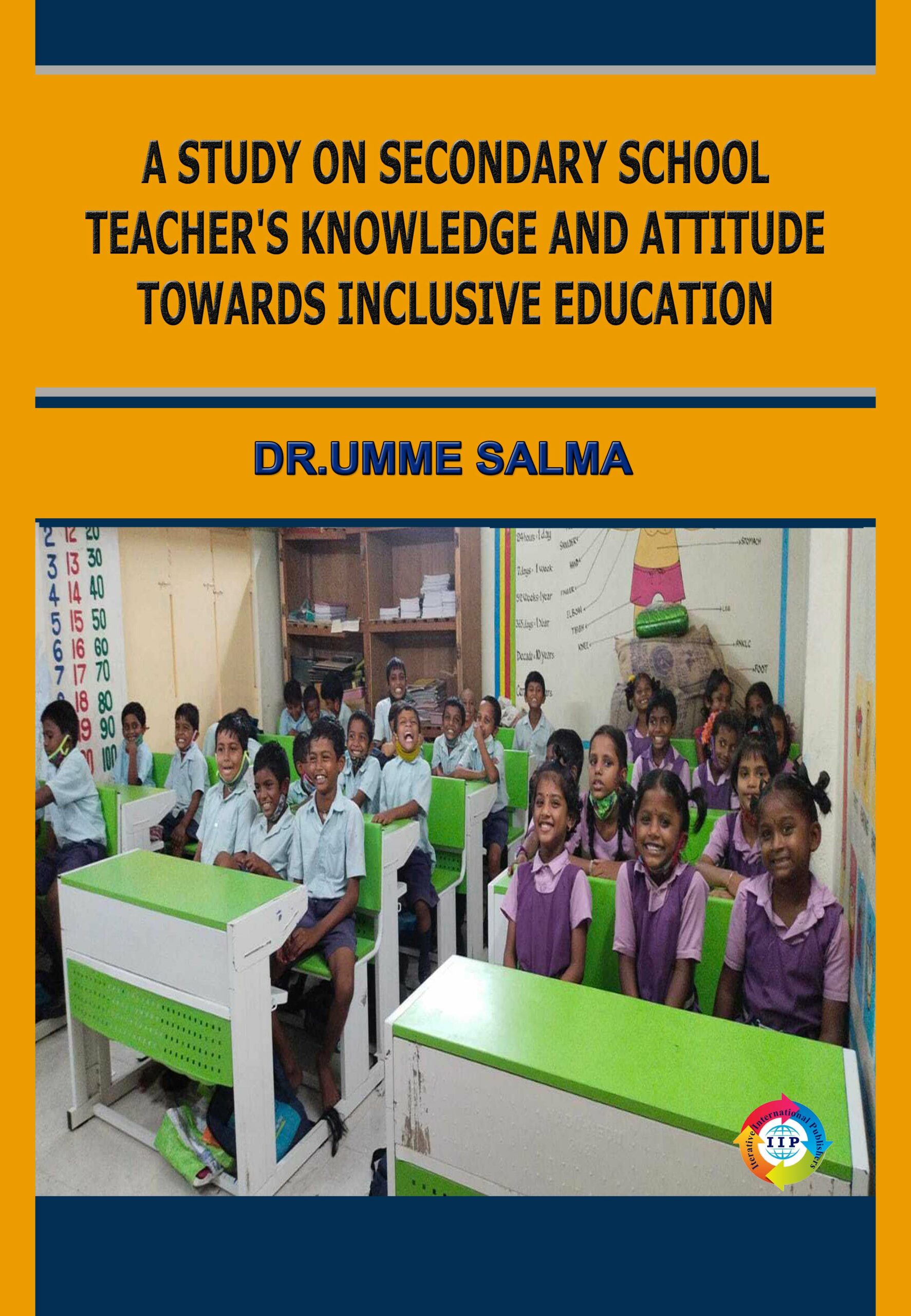
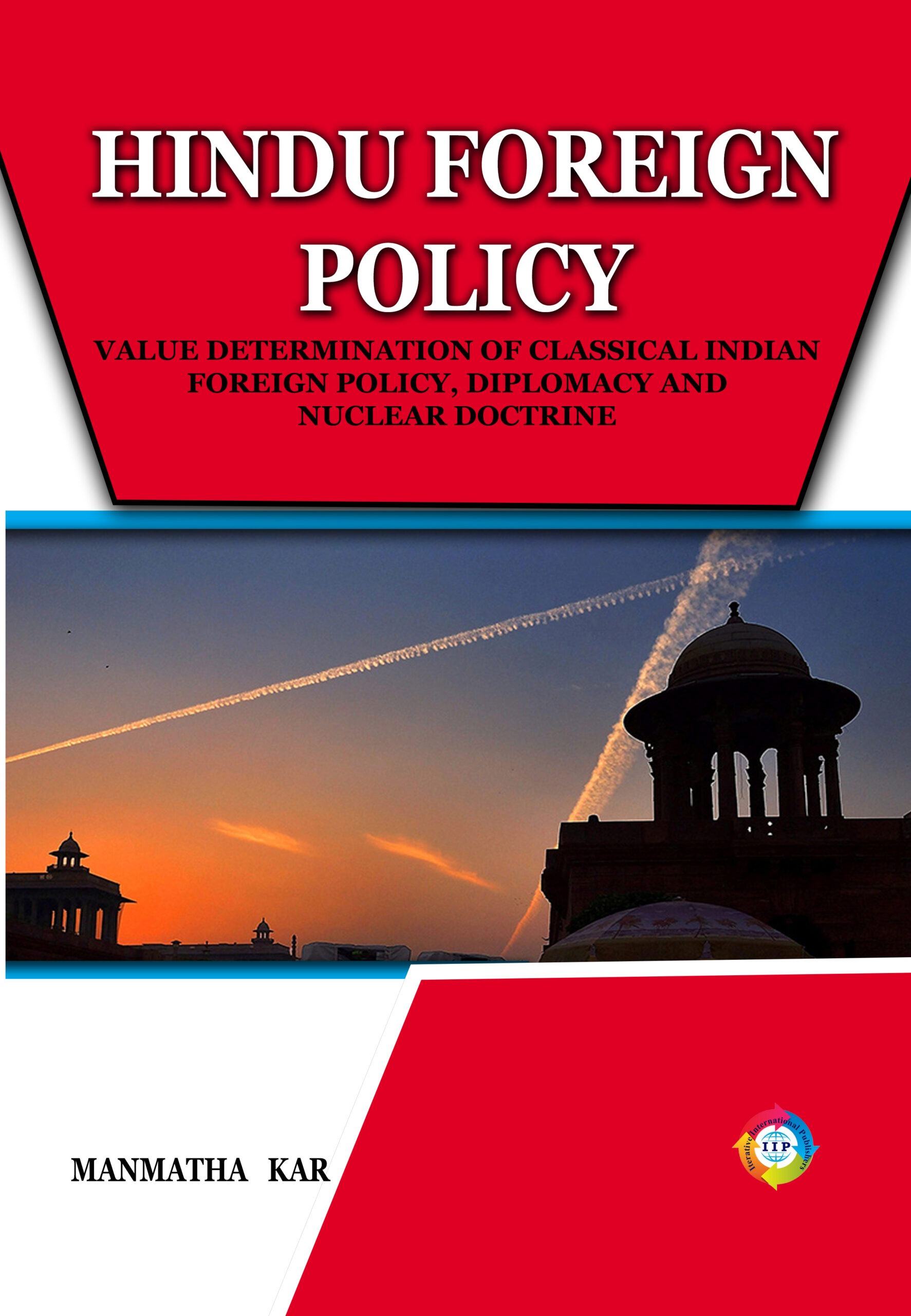


Reviews
There are no reviews yet.